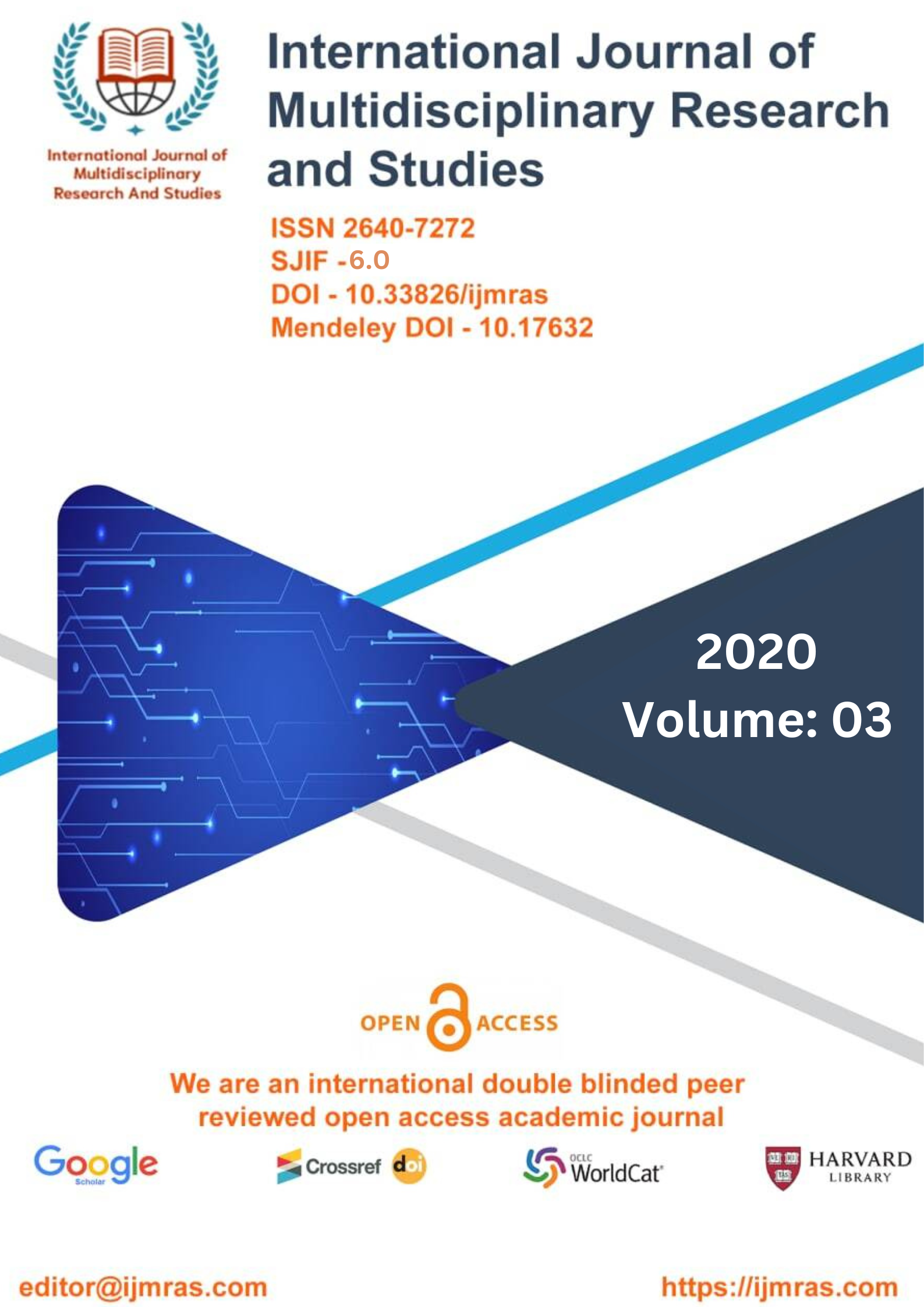INSURGENCY AND BASIS EDUCATION IN NIGERIA EDUCATION

Abstract
Every country on earth works hard to provide its citizens with a high standard of living and education, to provide a robust and diversified economic basis, to foster internal cohesion, and to preserve political stability. It is impossible to achieve this goal unless there is peaceful cohabitation and an environment that supports and fosters progress. The attacks by Boko Haram on educational institutions have led to the destruction of schools and the infliction of hardship on both the pupils and the professors who work at these kinds of establishments. Since 2009, Boko Haram has targeted schools, students, and instructors in the states of Borno, Yobe, Adamawa, and Kano with assaults that have gotten more savage. Because of the fighting, there has been a significant reduction in the number of children who have attended school or who have not attended school at all. The fact that Nigeria's security forces have used schools as military outposts are one of the factors that have contributed to the situation. Between the years 2009 and 2015, Boko Haram was responsible for the destruction of more than 910 educational facilities and the closure of at least 1,500 schools, according to reports by Human Rights Watch (HRW). "2,295 educators were slaughtered in attacks by terrorists in the North-east," Nigeria's Minister of Education Adamu Adamu is quoted as saying in a statement that was released by the government. Nigeria (Premium Times, June 6, 2018), where an additional 19,000 people were compelled to flee their homes for fear of being murdered, as a result of the violence. The organization is responsible for the abduction of around 2,000 people, including a considerable number of students as well as a number of women and girls.
Keywords
Insurgency, Basis Education, Nigeria EducationHow to Cite
References
Abdulkareem M., (2010).The paradox of Boko Haram. Kaduna - Nigeria: Moving Image Ltd.
Abimbola 0. A., (2011). “Between Maitatsine and Boko Haram “: Islamic Fundamentalism and the Response of the Nigerian State. Africa Today, Vol. 57, no. 4, pp. 99-119, Published by: Indiana University Press.
Achumba, A.C., Ighomereho, 0.S. & Akpor-Robaro, M.0.M. (2013). Security Challenges in Nigeria and the Implicationsfor Business Activities and Sustainable Development. J. Econ. & Sustain. Develop. 4, 79-99.
Adesoji, A., (2010). The Boko Haram uprising and Islamic Revivalism in Nigeria. Africa spectrum, 95-108.
Adetoro, R.A., (2010). The Almajirai Syndrome as Potential Threat to Nigeria National Security: the role of Social Studies Education. Nigerian Journal of Social Studies, vol. XIII (1&2): 141-150.
Adetoro, R.A., (2012). “Boko Haram Insurgency in Nigeria as a Symptom of Poverty and Political Alienation.”Journal ofHumanities and Social Sciences, 3 (5), 2 1-26.
Adobisi, T.A., (2016) Insurgency and Security: Bane of Global Literacy Developmnt.
Bulgarian Journal ofScience Education Policy; 10(1) pp. 53 — 67.
Amin, M.E., (2005), Social Science Research: Conception, Methodology and Analysis.
Makerere University.
Amnesty International (2013). Keep Away from Schools or we ‘11 Kill you: Right to Education under Attack in Nigeria, London, Amnesty International Ltd.
Anyadike, I. and Nkechi, 0 (2013). Boko Haram and National Security Challenges in Nigeria: Causes and Solutions. Journal ofEconomics and Sustainable Development, 4 (5), pp 2222-2855.
Awojobi, 0.N., (2014). “The Socio-Economic Implications of Boko Haram Insurgency in North-Eastern Nigeria.” International Journal of Innovation and Scient~JIc Research, 1] (1), Issue No. 2531-8014: pp. 143-150.
Ayegba, U.S., (2015). “Unemployment and Poverty as Sources and Consequence of Insecurity in Nigeria”: the Boko Haram Insurgency Revisited. African Journal of Political Science and International Relations, 9 (3), Issue No. 1996-0832: pp.90-99.
Babatunde, S.O. (2002). African Journal of Cross Cultural Psychology and Sports Facilitation.
License
Copyright (c) 2020 NISHANT KUMAR

This work is licensed under a Creative Commons Attribution 4.0 International License.
Individual articles are published Open Access under the Creative Commons Licence: CC-BY 4.0.




